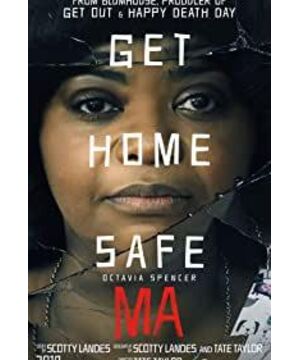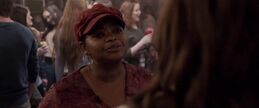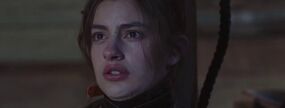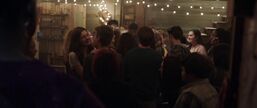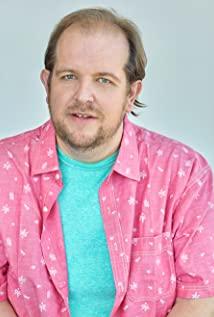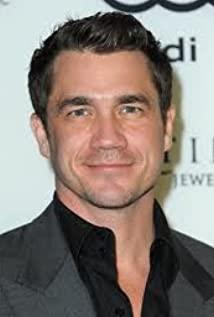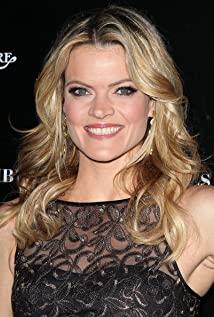Regardless of the script, production or actors, "Horror Aunt" is not a good horror film, and it may be even lower than the average level in the eyes of some moviegoers. But from another perspective, this movie still gives people a strong sense of discomfort. It does not come from the thriller shots in the film, but a point reflected by the film: the abnormal psychology that leads a person to crime, which forms a shadow that can be traced back to his childhood (school life). The "correctness" of this view lies in the fact that the growth history of some criminals in real life continues to provide evidence for it. So that non-psychological professionals can bluntly say such as "some terrible thing must have happened in his/her childhood" or "just find this terrible thing to explain his/her crazy behavior" .
The consumption of "the protagonist's violence against others" is the selling point of this type of horror movie, and it is also the point where the viewers "pay the bill." The criminal behavior of the protagonist in adulthood will be magnified, exaggerated and vilified. Young victimized men and women will also empathize with the main audience of such films (the same young men and women). The protagonist was eventually shot to death, backlashed by his own violent methods, and burned (the burning of the villain's bridge can be traced back to the idea of "purification" in the ancient people's belief that fire torture) is a logical ending, which is in line with the audience's values. The fragmentary description of the protagonist’s childhood can only explain "human nature is inherently good" at best.
However, as the degree of demonization of the protagonist deepens, it is easy for the audience to forget that they are precisely the victims of violence. Someone will point out that depicting the shadow of the protagonist’s childhood is also an integral part of the film. However, "summarizing" or not describing the healing process after the childhood tragedy does not make us feel the slightest sympathy for the protagonist. In other words, it is just finding a "reasonable" motive for the protagonist's violent behavior. Let me ask whether the many screen images including Fred, Jason, and the Texas Chainsaw Massacre and the many archetypes behind them are not ignored by the "causes" and expanded the "results".
Unfortunately, such films will continue to emerge. Is it just that we can pay attention to the harm they have received and warn each other not to let tragedies happen, instead of just paying attention to these people who grow up alone after losing people's care and eventually become a perverted murderer?
View more about Ma reviews


